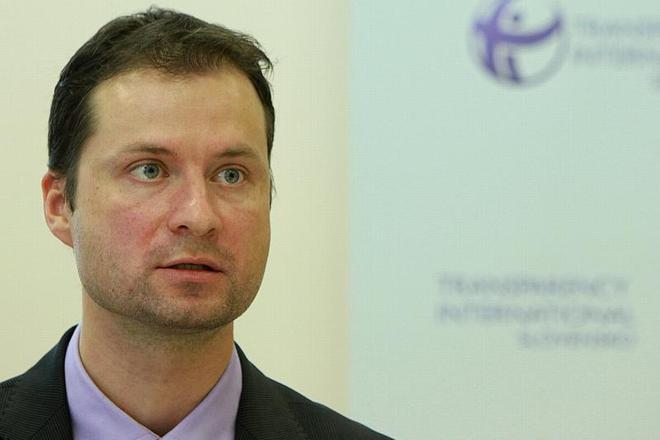The country placed equal 50th (with 51 points), along with Bahrain, Croatia and Hungary. The chart assesses a total of 168 countries.
“Based on expert opinion, the Corruption Perceptions Index measures the perceived levels of public sector corruption worldwide,” the TI website states, adding that “the scale of the issue is huge. Sixty-eight per cent of countries worldwide have a serious corruption problem. Half of the G20 are among them”.
Overall, two-thirds of the 168 countries on the 2015 index scored below 50 points, on a scale from 0 (perceived to be highly corrupt) to 100 (perceived to be very clean).
According to the corruption index, the least corrupt state in the world is again Denmark, which scored 91 out of 100 points, followed up by Finland (90 points) and Sweden (89 points). The Czech Republic ended up 37th on 56 points, two places and four points behind Slovenia. Of the Visegrad Four members (the Czech Republic, Hungary, Poland, Slovakia), the best ranking went to Poland, which wound up 30th on 62 points.
Some countries have improved in recent years – Greece, Senegal and the UK are among those that have seen a significant increase in scores since 2012.
Others, including Australia, Brazil, Libya, Spain and Turkey, have deteriorated, the website states.
“Although Slovakia has seen some improvement in its ranking on the corruption chart, the government is far from satisfied because what’s important is to respond to the sentiments and needs of the people,” Prime Minister Robert Fico reacted to the placement of his country on January 27, as quoted by the TASR newswire. He remains aware that the steps taken to date by his government do not represent quantum leaps forward but rather small steps. Fico also pointed out that many supervisory bodies are under the auspices of the opposition.
The perception of corruption is still very high in Slovakia, according to TI's Slovak branch, Transparency International Slovensko (TIS). This is the fifth worst placement among EU member states, with only Greece, Romania, Italy and Bulgaria scoring worse.
Under the current government, Slovakia improved slightly in the chart from 55th-56th place in 2012. The last four years have, however, mostly been a missed opportunity, according to TIS. “Neglecting reforms in health care has led to wastage and thefts,” the TIS report states, as cited by the SITA newswire. “The police and prosecutor’s office have not become well-functioning bodies in the fight against corruption with the same criteria for everyone. The gap between Slovakia and the Czech Republic continued to increase.” While in 2012, the Czech Republic was seven places better, it currently stands 13 places ahead of Slovakia.
In relation to governmental measures, TIS perceives as positive the adoption of the law on the protection of corruption whistleblowers, as well as tougher rules governing financing for political parties which now include also local and regional elections. Increasing the rate of competition in state orders - by one third, to 3.6 bidders per tender last year – is also good news. The transparency of the business sector has also improved, as a result of publishing accounting balancing online or publishing data from cadastres through applications.
The main negative point is the continuing impunity of the elites who commit crimes of corruption. “No top political official has been sentenced in past four years,” TIS noted. “Moreover, 95 percent of those sentenced for corruption have only received conditional or financial sentences. A mere 12 people have been sentenced for dishonesty concerning tenders,” TIS states, as quoted by SITA. The nomination of people for top positions – mostly in judiciary and health care – has also reflected the dominance of the political interests of the ruling Smer party over the public interest.
Cronyism, too, has persisted in several state subsidy schemes, from the construction of sporting grounds, through the prime minister’s reserve, to the allocation of fire engines by the premier. The government has also failed, according to TIS, to improve access to information, to enable better public control. The fight against shell companies was seen as only superficial.



 Gabriel Šípoš of Transparency International Slovensko. (source: SITA)
Gabriel Šípoš of Transparency International Slovensko. (source: SITA)